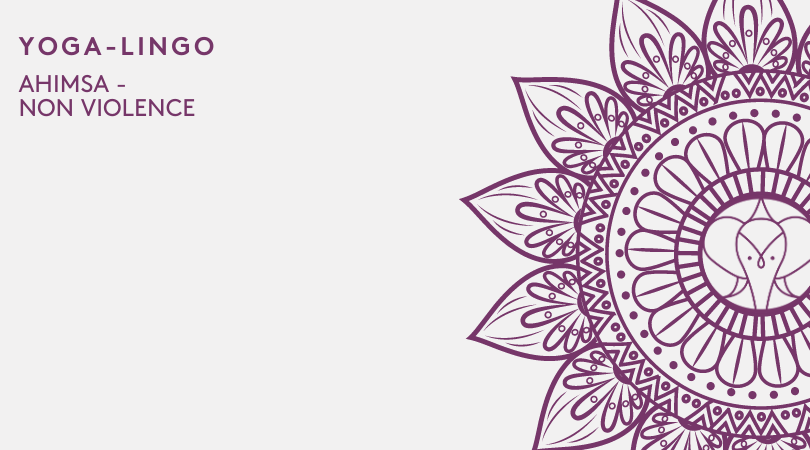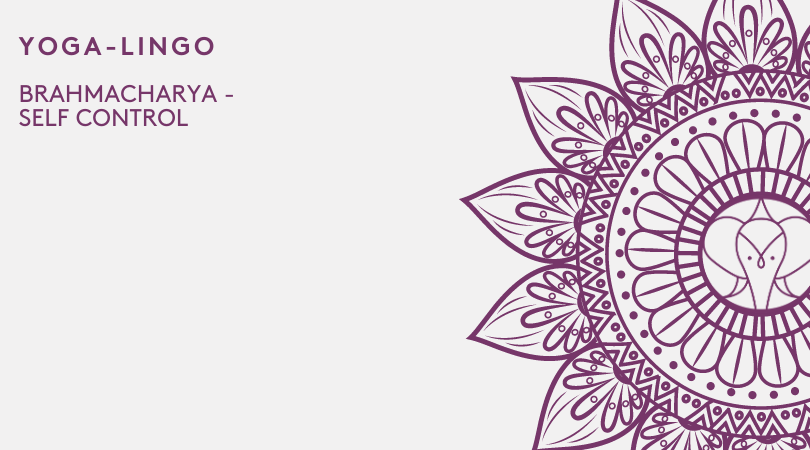The Power of Ahimsa: How to Cultivate Compassion and Avoid Harm in Your Daily Life
Discover the Joy of Ahimsa: How Non-Violence Can Improve Your Life and the World
Ahimsa, a Sanskrit term that translates to "non-violence" or "non-harming," is a cornerstone principle in many Eastern spiritual traditions, particularly Hinduism and Jainism. At its core, Ahimsa is about cultivating compassion and kindness towards all beings and refraining from causing harm or suffering to others. But Ahimsa is much more than just avoiding violence - it's about actively seeking to do good and promote the well-being of others.
For those who practice Ahimsa, non-violence is considered the highest virtue, and this principle should guide all other virtues and actions. This can be a tall order in a world where violence and conflict seem everywhere. But the practice of Ahimsa requires more than just refraining from physical violence. It also involves avoiding mental and emotional violence, such as anger, hatred, and jealousy.
One of the key teachings of Ahimsa is the interconnectedness of all beings. This belief holds that all living beings, whether human or animal, are interconnected and interdependent and that the well-being of one impacts the well-being of all. This idea can be hard to wrap our heads around, but it's important. It reminds us that our actions and words impact others and that we are all connected in a web of life.
So, how can we practice Ahimsa in our daily lives? Here are a few ideas:
- Volunteer or donate to charitable causes; this is a simple way to actively seek the well-being of others and promote good in the world.
- Practice mindfulness and self-awareness. Ahimsa requires that we constantly check in with ourselves and our actions to ensure that they align with this principle. This means being mindful of our thoughts, words, and actions and ensuring that they align with the idea of non-harm.
- Seek non-violent solutions to conflicts. Whether it's a disagreement with a colleague or a larger political issue, try to find ways to resolve disputes peacefully.
- Practice self-care. Ahimsa is not just about avoiding harm to others; it's also about taking care of ourselves. This means nourishing our bodies, minds, and spirits and ensuring that we care for ourselves.
The practice of Ahimsa can be challenging, as it requires us to confront and overcome negative emotions and behaviors that may be deeply ingrained in us. But the rewards of cultivating Ahimsa are profound. It can lead to greater inner peace, happiness, and a sense of connection. So, the next time you find yourself in a situation where you're feeling angry or frustrated, try taking a deep breath and reminding yourself of the principles of Ahimsa. It may help you respond more compassionately and mindfully.









